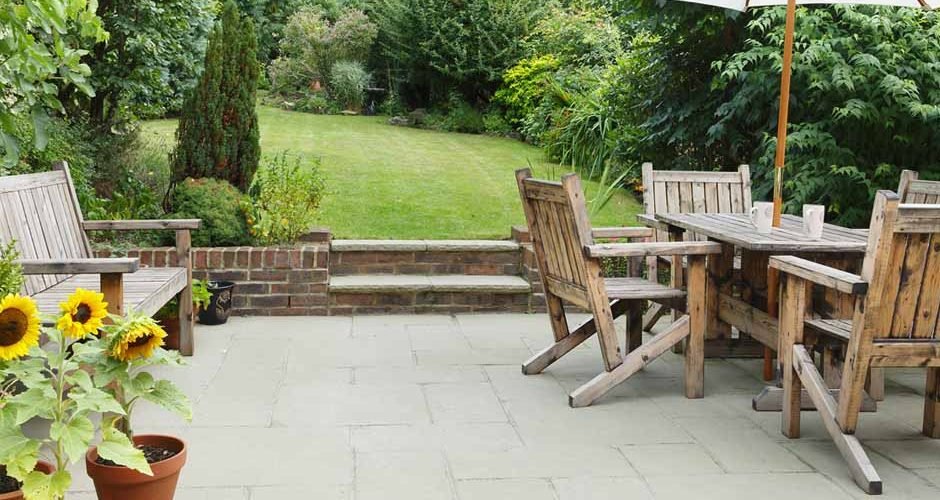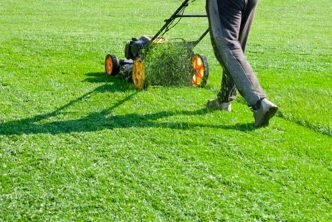Most people take outdoor spaces for granted, giving them little more than a fleeting glance as they pass by. But while these green havens may not be immediately obvious to the casual observer, their importance extends far beyond what meets the eye: landscapes are indispensable places of connection and natural regeneration that bring communities together and offer us both revitalization and reprieve.
By exploring why exactly landscape matters, we can gain a better understanding of its value, both ecological and financial, along with its potential to shape our physical environment in powerful ways. It will also give us a valid reason why we need to contact Drake’s 7 Dees in Portland to take good care of our landscapes. Ready to explore why landscapes matter? Let’s get started.
Table of Contents
Why Landscape Matters
Landscape matters. It is not just a superficial layer that makes our surroundings look pretty, but it is the foundation of our natural world, an indicator of the health of our ecosystems, and a marker of cultural heritage. Its impact extends way beyond the visual aspect and touches on every aspect of our lives. Therefore, understanding and preserving the landscape is of great importance.
From an ecological point of view, the landscape is a gauge of environmental health. It is an open book that reveals soil and geological processes, vegetation distribution, watercourses, and water availability, which all play a role in maintaining biodiversity. When the landscape is well-managed, natural flora and fauna are supported, and the resources they depend upon for survival are preserved.
Landscapes are cultural legacies that express human knowledge, history, and identity. The architecture, layout of settlements and land use, local traditions, and practices are all embodied in the landscape. Therefore, preserving landscapes is preserving the heritage and the cultural identity of a place. In addition, it enables us to learn about our cultural roots, and it fosters social cohesion, community identity, and pride.
When the natural resources that landscapes support are optimized, they provide social and economic benefits, such as food and water security. The Landscape also has an important role in promoting tourism, which is a major source of income for many regions. The beauty of landscapes, which is enhanced by natural and cultural features, is an attractive element for travelers seeking new experiences.
They provide a natural and healthy environment that facilitates human well-being. In urban areas, landscape and green spaces allow people to get involved in outdoor activities and exercise, which helps prevent chronic diseases. Furthermore, the recreational opportunities provided by landscapes, such as hiking, bird watching, and camping, promote physical, mental, and emotional health.
The landscape’s impact on climate change is significant. Through photosynthesis, vegetation captures carbon from the atmosphere, reducing greenhouse gas levels in the atmosphere. Preserving landscapes helps mitigate climate change by maintaining and restoring natural carbon sinks like forests and grasslands.
How To Maintain The Outdoor Spaces
When it comes to maintaining outdoor spaces, there are countless strategies that you can use to keep your yard or garden looking beautiful and healthy. Whether you are working with a small balcony or a sprawling landscape, there are always ways that you can work to ensure that your outdoor areas remain inviting, functional, and eye-catching.
1. Select Appropriate Plants
This means choosing plants that will thrive in your climate and soil and that will be able to withstand the specific challenges that your outdoor space may present. For example, if you live in an area that is prone to drought, you may want to choose drought-resistant plants that require less water. On the other hand, if you live in an area with lots of rainfall, you may need to choose plants that can handle excess moisture without developing root rot.
2. Invest in High-Quality Tools and Equipment
From lawnmowers and trimmers to shears and cultivators, having the right tools on hand can make a huge difference in the overall health and appearance of your outdoor areas. By investing in high-quality tools that are built to last, you can quickly and easily tackle any maintenance tasks that come your way without having to worry about your equipment breaking down or becoming damaged over time.
3. Implement Efficient Irrigation Systems
As any gardener knows, watering is one of the most important aspects of maintaining outdoor spaces. However, it can be difficult to keep up with watering by hand, especially if you have a large outdoor area or are dealing with plants that have specific water requirements. To make the process easier, consider implementing an efficient irrigation system that will help to keep your plants hydrated while also conserving water.
4. Regularly Clean and Prune
This means removing dead leaves and branches, picking up debris, and pruning back overgrowth to ensure that your plants remain healthy and attractive. By regularly maintaining your outdoor areas, you can prevent the buildup of pests and diseases and help to ensure that your plants continue to grow and thrive over time.
It’s obvious that landscape architecture plays an integral role in our lives, both aesthetically and emotionally. Whether you live in a busy city or in a small town, it’s impossible not to recognize the beauty and serenity of nature. Every outdoor space has something special to offer and can be used to create meaningful experiences. From parks and gardens to streetscapes and waterfronts, understanding the importance of these areas is essential for creating healthier, more sustainable communities. It’s high time we start recognizing the profound impact of landscape architecture on our environment.





